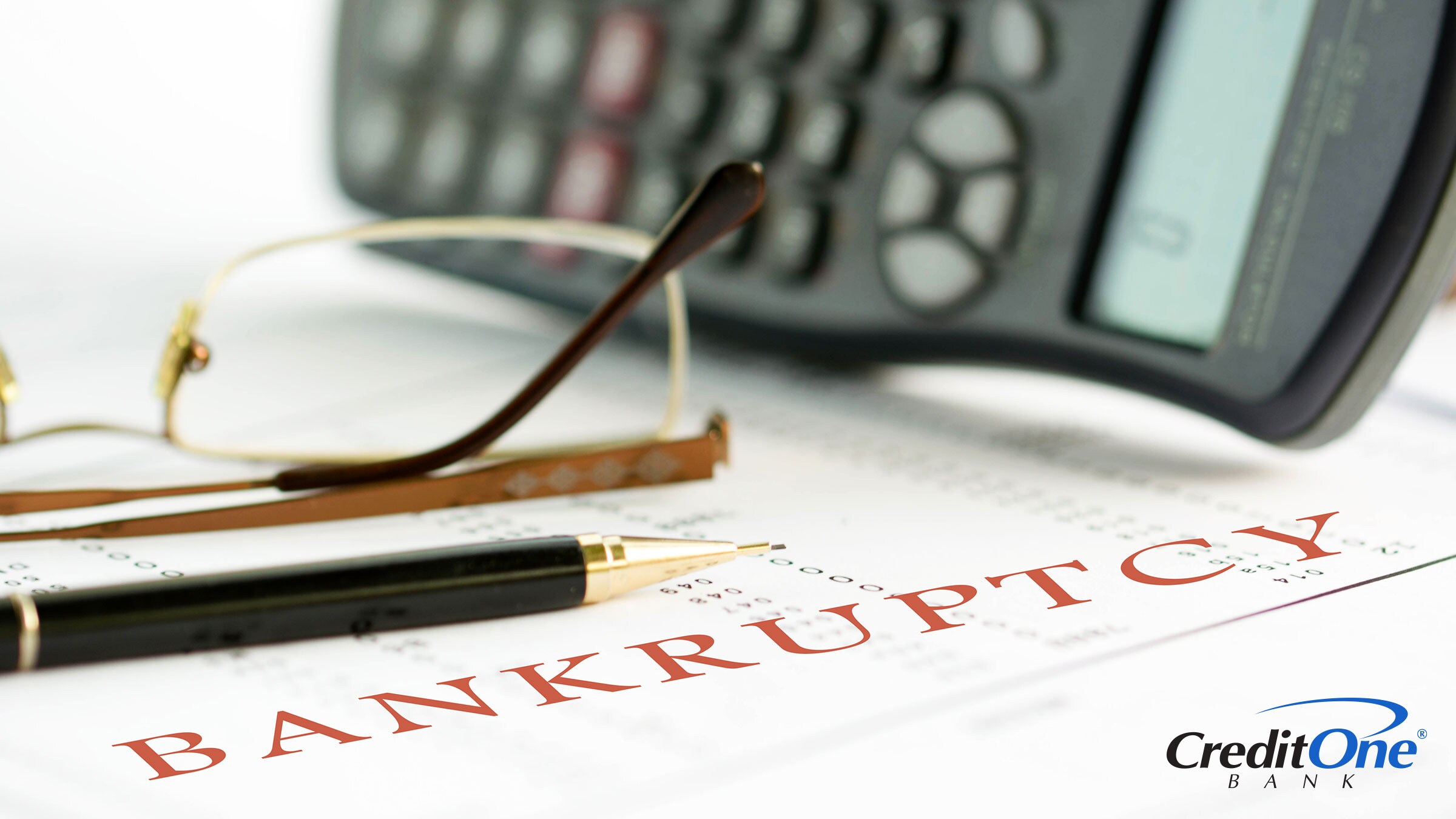
How To Rebuild Credit After Bankruptcy
October 30, 2024
Rebuilding credit after bankruptcy takes time and commitment. But it’s definitely possible with some patience, diligence, proven strategies, and the right tools.

Introduction
Entrepreneurs, innovators, and other risk-takers drive the economy, but they can also encounter financial challenges along the way. When that means being unable to pay debts, some people consider bankruptcy — which can negatively impact many aspects of your financial life, including your credit score.
Bankruptcy is designed to give individuals and small business owners a chance to start fresh and hopefully come back even stronger than before — but that process takes time. If you’ve taken the bankruptcy route and want to reclaim your financial health, these tips will make the journey easier.
Understanding Bankruptcy
Bankruptcy is a legal process for people or businesses to declare that they’re unable to pay their debts. It typically involves liquidating assets or creating a repayment plan with creditors.
There are two types of bankruptcy for individuals: Chapter 7 and Chapter 13. Let’s take a closer look at each form of bankruptcy.
Chapter 7
In Chapter 7, commonly referred to as liquidation bankruptcy, the majority of your assets are sold to settle debts with creditors. This form of bankruptcy remains on your credit report for 10 years. It’s meant for people who don’t make enough income to repay their debts, so most financial obligations are forgiven, and home foreclosure can be temporarily delayed.
However, this model requires you to either sell any possessions valued over a certain threshold, or reaffirm the debt and continue to pay it.
Chapter 13
Chapter 13, also called reorganization bankruptcy, involves creating a repayment plan to settle debts over three to five years. This form of bankruptcy remains on your credit report for seven years. It’s ideal for people who make too much to qualify for Chapter 7, but the debt has to be below $2,750,000.
This option doesn’t require you to sell your things and can give you time to pay, stopping your home from being foreclosed. However, your debt isn’t forgiven, so you have to follow a strict budget and court-ordered monthly payment plan.
What Does Filing Bankruptcy Do to Your Credit?
Filing for bankruptcy will have a major impact on your credit score. It’s likely that your score will drop significantly, because bankruptcy is one of the most severe forms of negative credit events.
Regardless of the type of bankruptcy, it will remain on your credit report for seven to 10 years. This can make it difficult to obtain credit or loans in the future, and may result in higher interest rates if you are approved.
However, it’s important to note that even with a low credit score after bankruptcy, there are steps you can take to rebuild and improve your credit.
How To Repair Your Credit Score After Bankruptcy
Gaining financial stability and rebuilding your credit after bankruptcy won’t happen overnight. It takes time, patience, and discipline to see improvements in your credit score.
Here are the best ways to repair credit after bankruptcy:
1. Assess your finances
The first step in rebuilding your credit after bankruptcy is to understand where you stand financially. Take a close look at your income, expenses, and any remaining debts to get a clear picture of your financial situation. This will help you create a plan for moving forward and rebuilding your credit.
2. Create a budget
Working out a budget can help you manage your finances more effectively and ensure that you have enough money each month to cover expenses and bills. Look for ways to cut back on non-essential spending and prioritize paying off any remaining debts or bills.
3. Get a secured credit card
A secured credit card is a great way to start rebuilding your credit after bankruptcy. With this type of card, you make a deposit that acts as collateral for the credit limit. By using the card strategically and paying on time, every time, you can slowly build up a positive payment history and improve your credit score.
4. Make timely payments
One of the most important factors in improving your credit score is making timely payments on any credit card debts or bills that you have. This shows lenders that you can manage your finances well and have good repayment habits, which will usually help boost your score over time.
5. Monitor your credit report
It’s important to regularly check your credit report for any errors or discrepancies. You can request a copy of your credit report from each of the three major credit bureaus — Experian, Equifax, and TransUnion. The law grants you one free copy of each report every year, but they’re now available every week at the federally authorized AnnualCreditReport.com.
If you find any inaccuracies, you can dispute them with the credit reporting agencies and have them removed from your report, which may help improve your score.
Staying committed to following these steps can help you overcome the challenges of bankruptcy and regain financial stability. It may take some time, but with determination and discipline, you can rebuild your credit and work towards a brighter financial future.
How Long Does It Take To Rebuild Credit?
The exact timeline for rebuilding credit after bankruptcy will vary for everyone. It depends on factors like the type of bankruptcy, the amount of debt discharged, and your previous credit history.
The good news is that forward movement should happen before the bankruptcy even drops off your credit report. In fact, with consistent effort and responsible financial habits, it’s possible to improve your credit score within a few months to a year.
Bottom Line
Rebuilding credit takes time, and there are no quick fixes. But if you remain patient and stay committed to improving your finances, you’ll eventually see positive results.
If you need a new credit card to help you down that road, consider a card that’s specifically dedicated to rebuilding credit. Checking if you pre-qualify won’t harm your credit score, and you can always fall back on a secured card if necessary.



